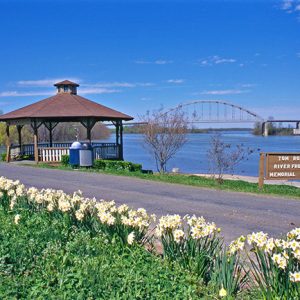 Tom Roe Park
Tom Roe Park
Entry Category: Recreation and Sports
 Tom Roe Park
Tom Roe Park
Tomlinson, James Albert “Ike”
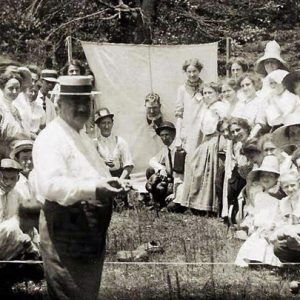 Tontitown Grape Festival
Tontitown Grape Festival
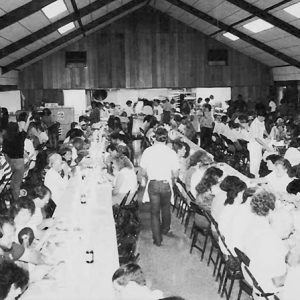 Tontitown Grape Festival Dinner
Tontitown Grape Festival Dinner
Tontitown Grape Festival
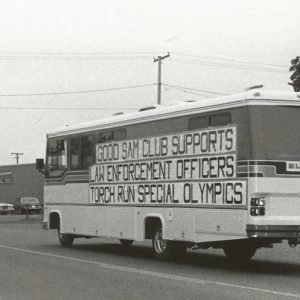 Torch Run Bus
Torch Run Bus
Tourism
Tourist Camps, Tourist Courts, and Early Motels
Trail of Tears National Historic Trail
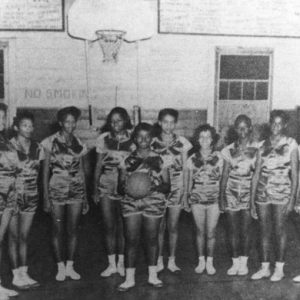 Training School Girls Basketball Team
Training School Girls Basketball Team
Tri-State League
Trumann Wild Duck Festival
Tuberville, Tommy
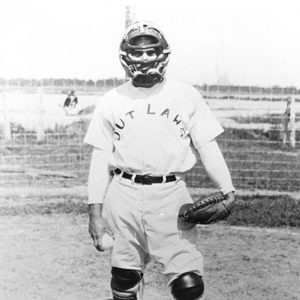 Tucker Outlaws Member
Tucker Outlaws Member
Turkey Trot Festival
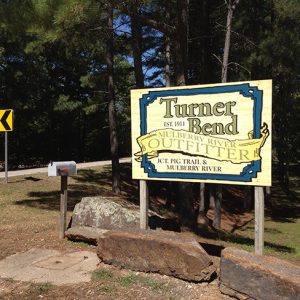 Turner Bend
Turner Bend
Turpentine Creek Wildlife Refuge
 Twelfth Night
Twelfth Night
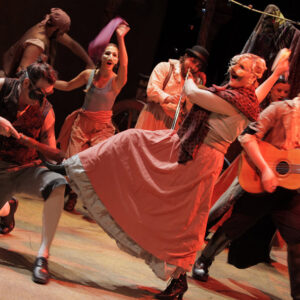 Twelfth Night
Twelfth Night
 Twelfth Night
Twelfth Night
 Two Rivers Park
Two Rivers Park
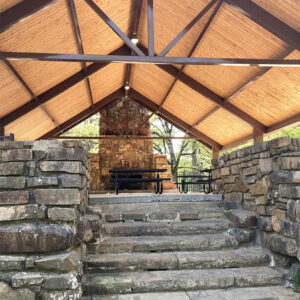 Union Park Shelter
Union Park Shelter
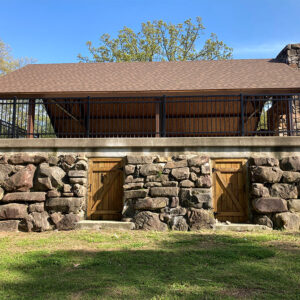 Union Park Shelter
Union Park Shelter
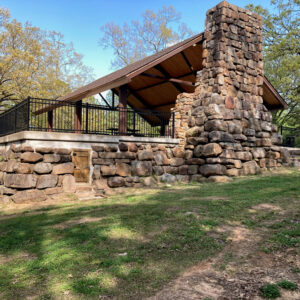 Union Park Shelter
Union Park Shelter
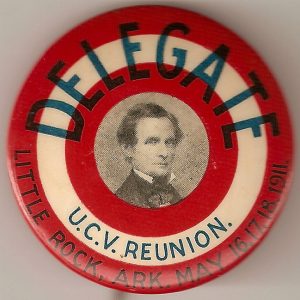 UCV Delegate Button
UCV Delegate Button
United Confederate Veterans Reunion of 1911
United Confederate Veterans Reunion of 1928
United Confederate Veterans Reunion of 1949
United Sons of Ham of America
aka: Sons of Ham
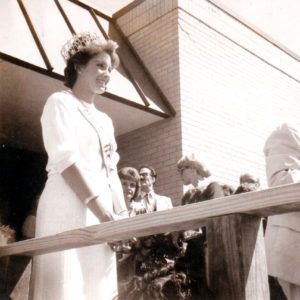 Utley at Cabot
Utley at Cabot
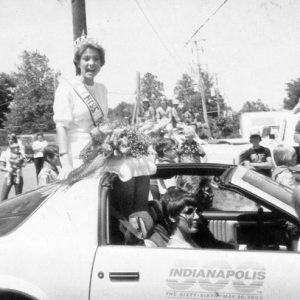 Utley Parade
Utley Parade
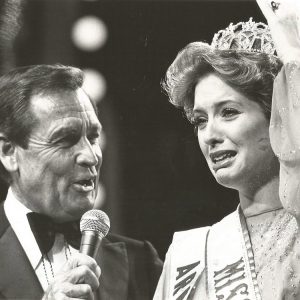 Terri Utley and Bob Barker
Terri Utley and Bob Barker
Valentine, Bill, Jr.
aka: William Terry Valentine Jr.
Valentine, Ellis Clarence
 Valley of the Vapors Stage
Valley of the Vapors Stage
 Valley of the Vapors Poster 2023
Valley of the Vapors Poster 2023
 Valley of the Vapors Poster 2021
Valley of the Vapors Poster 2021
 Valley of the Vapors Poster 2019
Valley of the Vapors Poster 2019
 Valley of the Vapors Poster 2018
Valley of the Vapors Poster 2018
 Valley of the Vapors Tattoos
Valley of the Vapors Tattoos
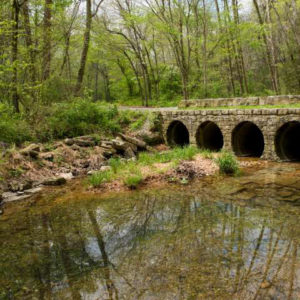 Van Winkle Trail
Van Winkle Trail
van Zandt, Elliott C.
Vapors
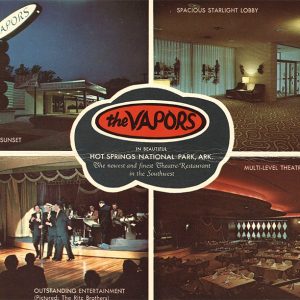 Vapors Postcard
Vapors Postcard
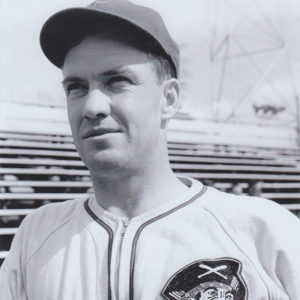 “Arky” Vaughan
“Arky” Vaughan
Vaughan, Joseph Floyd “Arky”
Village Academy Beavers
Village Creek State Park
Vines, Harry Doyle
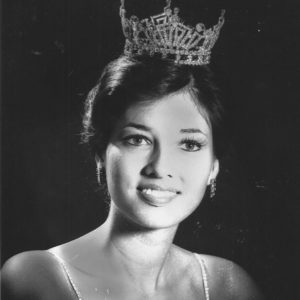 Naylene Vuurens
Naylene Vuurens




